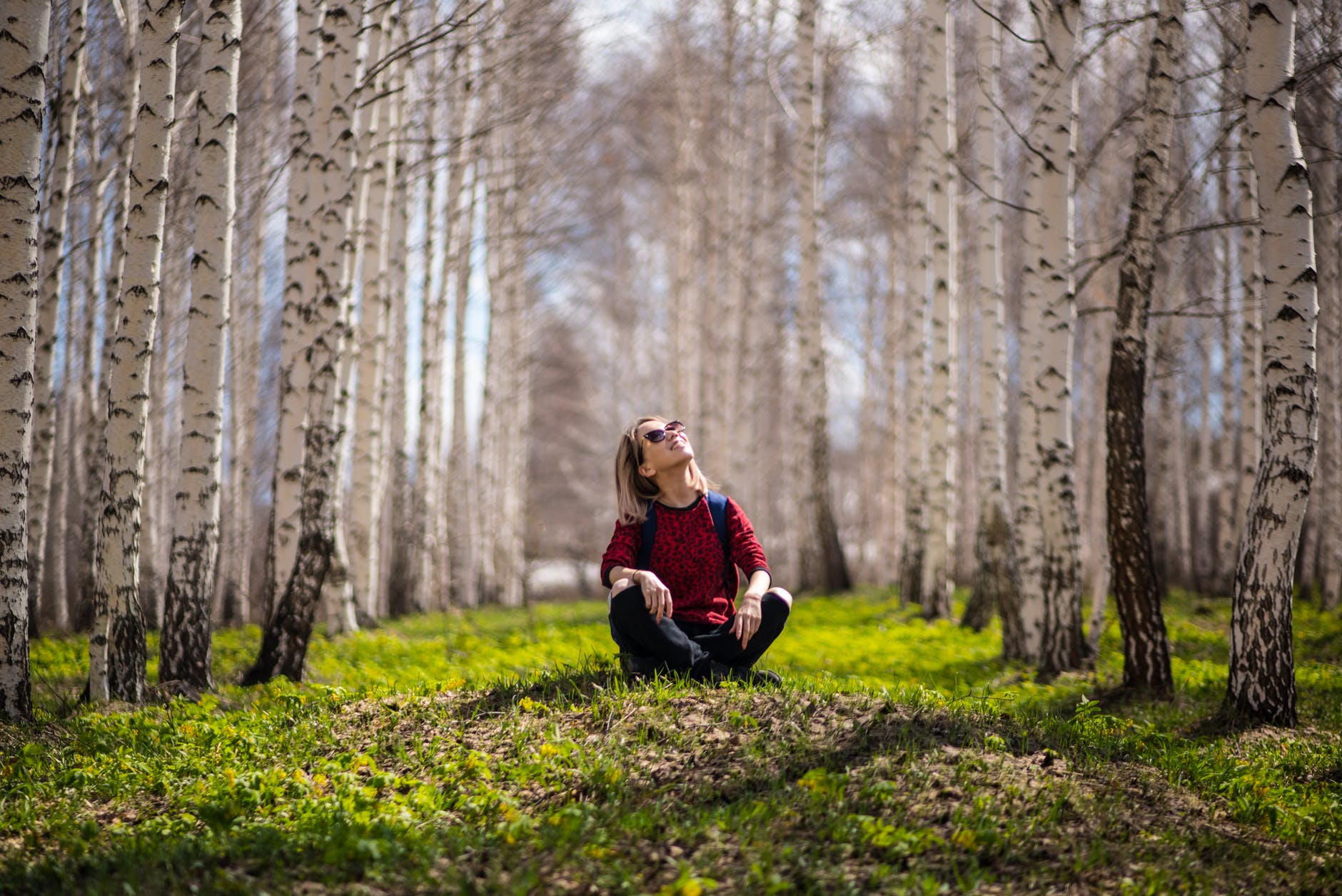Our step out of full lifetimes within natural environments has really been relatively recent when you look at the overall timeline of human history. Considering how recent the development of our modern world is, it’s incredible that we’ve even been able to adapt to these unnatural lifestyles. Zipping around in our high-speed vehicles, spending our days locked away inside buildings filled with technological wonders but missing the influence of the natural elements, and, on the whole, ensuring every moment is spent in shelter that protects us but also keeps us from the full experience of time in nature; it’s absolutely incredible. But perhaps our minds haven’t truly had time enough to adapt to it all after all.
Multiple studies have shown that time in nature may be the piece of the mental health puzzle that many people are missing. With minds still attuned to the cues of natural environments as we try to navigate our city landscapes, it’s clear that this disconnect may contribute to many mental health struggles. Depression and anxiety, in particular, seem highly connected to our time spent in nature, with these conditions being more prevalent in city dwellers compared to those living in more rural areas. Solving this aspect within a comprehensive mental health plan doesn’t even require moving out to a farm though. It’s as simple as just incorporating a couple more hours of nature into your week.
The Calming Effects of Nature on Anxiety

One of the hallmark symptoms of an anxiety disorder is a mind filled with negative and racing thoughts. Whatever persistent preoccupation currently has you in its grip will pull your focus away from anything you try to get done. One thing, at least, has been found to quiet this anxious mental noise though, and that’s time in nature.
Taking in the natural sights of large expanses of green, trails crowded with trees, and the sun glistening off water that’s rushing into golden sand can be very effective in distracting from the feeling and symptoms of anxiety. Along with the sights, nature’s sounds also provide a very calming soundtrack to your time outdoors. Birds chirping, waves crashing, and leaves rustling all contribute to the calm that nature can provide to someone with an anxiety disorder, as the entire experience of being in nature calms the body’s fight-or-flight response.
The Difference Time in Nature Can Make for Depression

Major depressive disorder is a serious illness that cannot usually be dealt with without support. “Just get outside and enjoy the day,” is certainly no miracle cure, but time in nature can make a difference for those with depression. If you can get yourself out of cramped indoor spaces and instead enjoy some fresh air, do so. Even if you just can’t get yourself out of bed, taking in the sight of a natural environment through your window can do a lot of good.
Especially beneficial to those with depression is the sun’s natural light. In fact, sunshine is actually one of the best remedies for someone with seasonal affective disorder (SAD), a type of depression that people are affected by in the winter, with its less sunshiny days. The sun’s bright rays can help to cheer up anyone, not just those with SAD, though.
Mental Health Benefits of Nature Are for Everyone

Being in nature is simply an incredible mental health boost for anyone. Kids, office workers, and the elderly can all enjoy better mental health if given the opportunity to spend some time in nature. It doesn’t even take a lot, so just getting the chance to visit a park on a regular basis could help all of us.
Kids are already naturally inclined to want to get outside and play. For the sake of their mental health, it’s also critical that they do. Kids with ADHD, in particular, have been found to have better focus after spending just 20 minutes in a park. While most school-age children get to have some outdoor play at recess, parents might also enjoy the boost to their mental health if they choose to go to the park together.
After all, as we get older, time in nature continues to remain an important component of good mental health. Getting that time, however, can be especially difficult for office workers, who spend much of their daylight hours inside. Even just having a view of nature through office windows has been shown to reduce stress. If you could also find time to actually get outside, even for just 20 minutes a day, you may find your mental health much improved.
It’s worth it to schedule in the time, even when enjoying our favorite outdoor activities gets to be more difficult to do. For the elderly segments of our population, taking in nature couldn’t be more important in maintaining their mental health. While still possible, a senior can find a lot of restoration in visiting their community’s green spaces. For someone with very limited mobility, having a bird feeder to bring nature to them can give them a chance to enjoy the mental health benefits of nature.
Time in Nature as Part of a Larger Plan for Improved Mental Health

Time in nature can certainly provide an important boost to our overall mental health. However, if you’re dealing with something serious like depression or an anxiety disorder, taking in the majesty of trees and feeling the sun on your face will not be enough. Instead, nature walks or other ways of incorporating nature’s benefits should be a part of the larger plan for improved mental health that is decided on with a mental health professional.
While the ADHD Wellness Center specializes in ADHD, we are available to help anyone that needs us. We offer support and resources for any mental health condition. If you’re looking for it, the ADHD Wellness Center can help create your plan.
How to Get an Official ADHD Diagnosis

Almost five percent of Americans have ADHD, with numbers varying…


